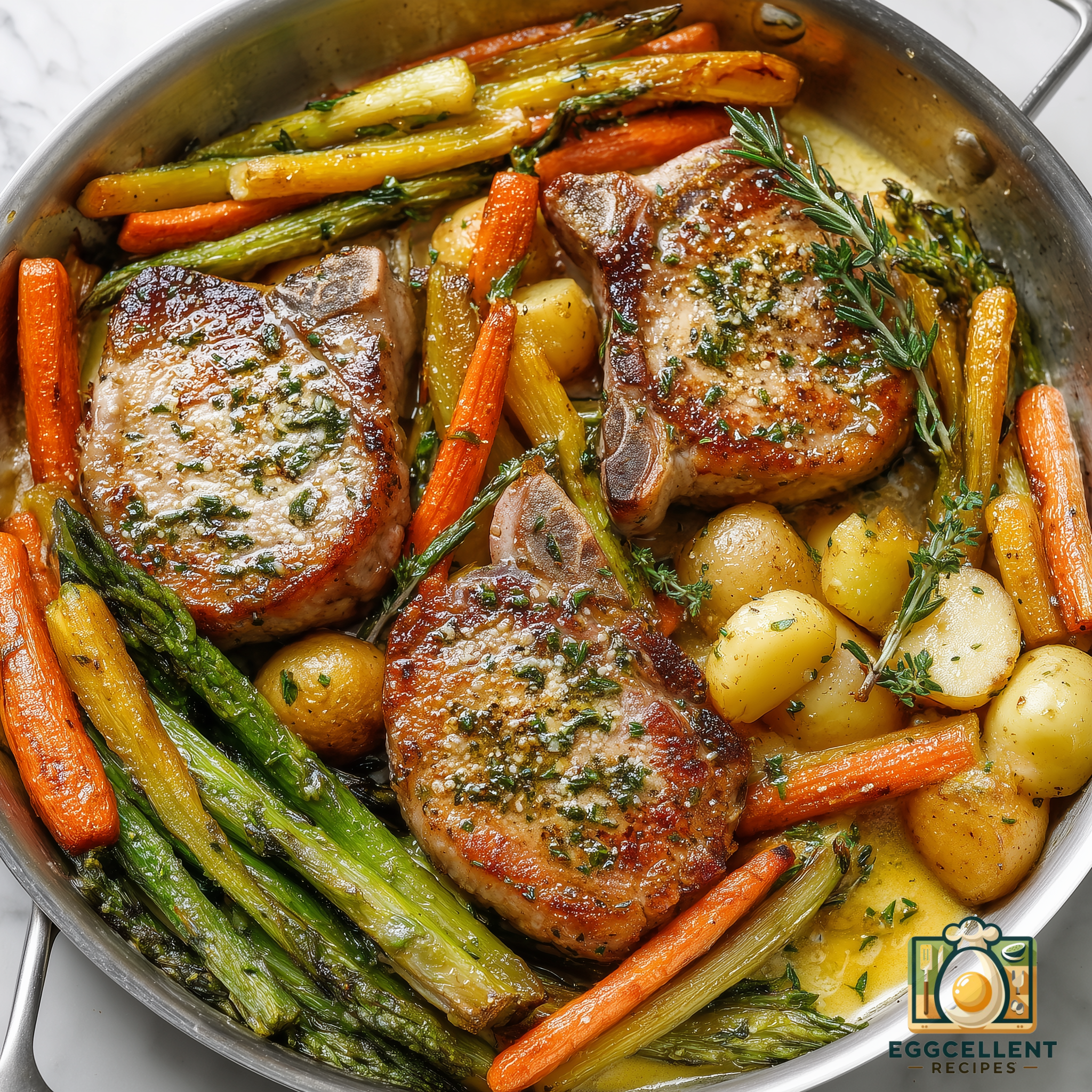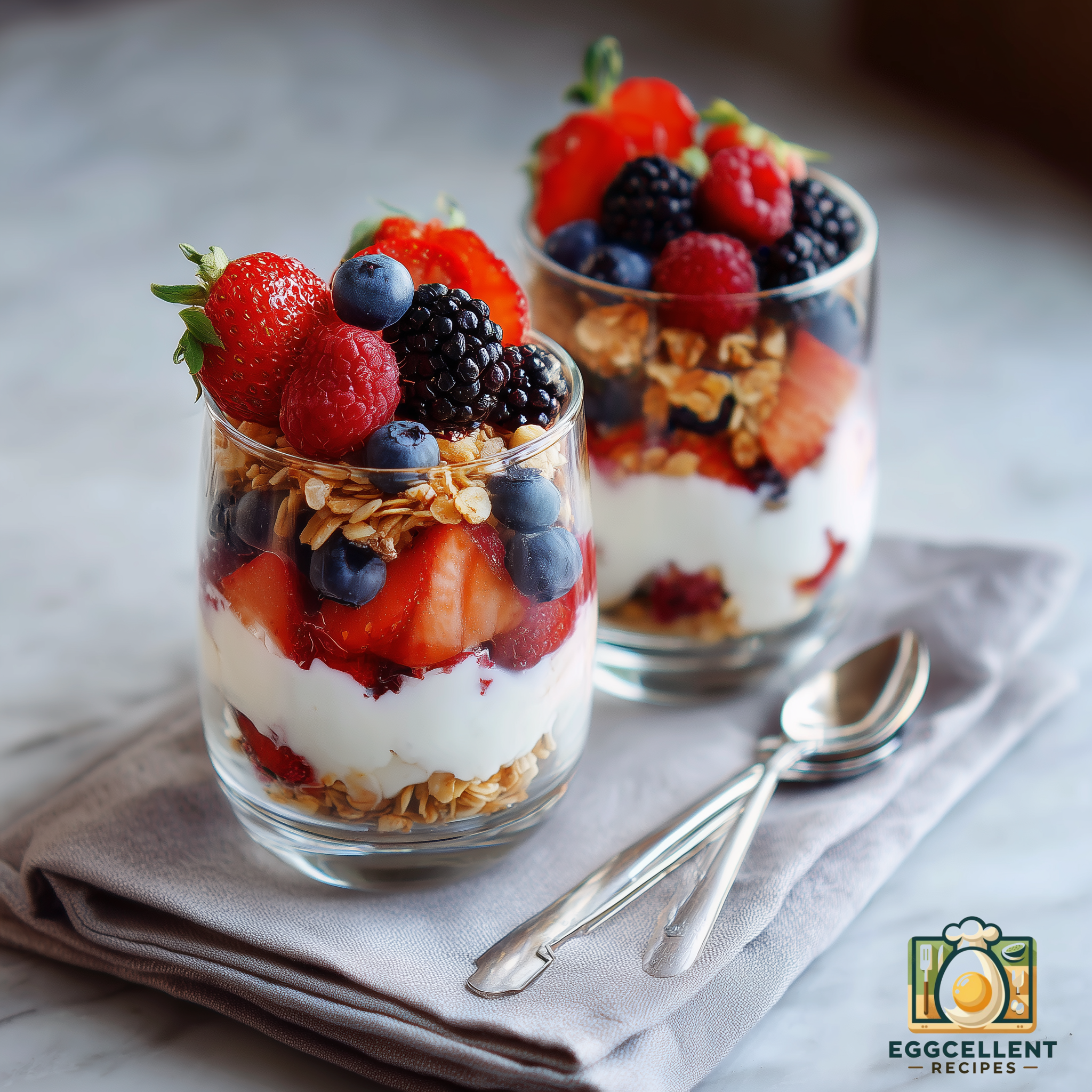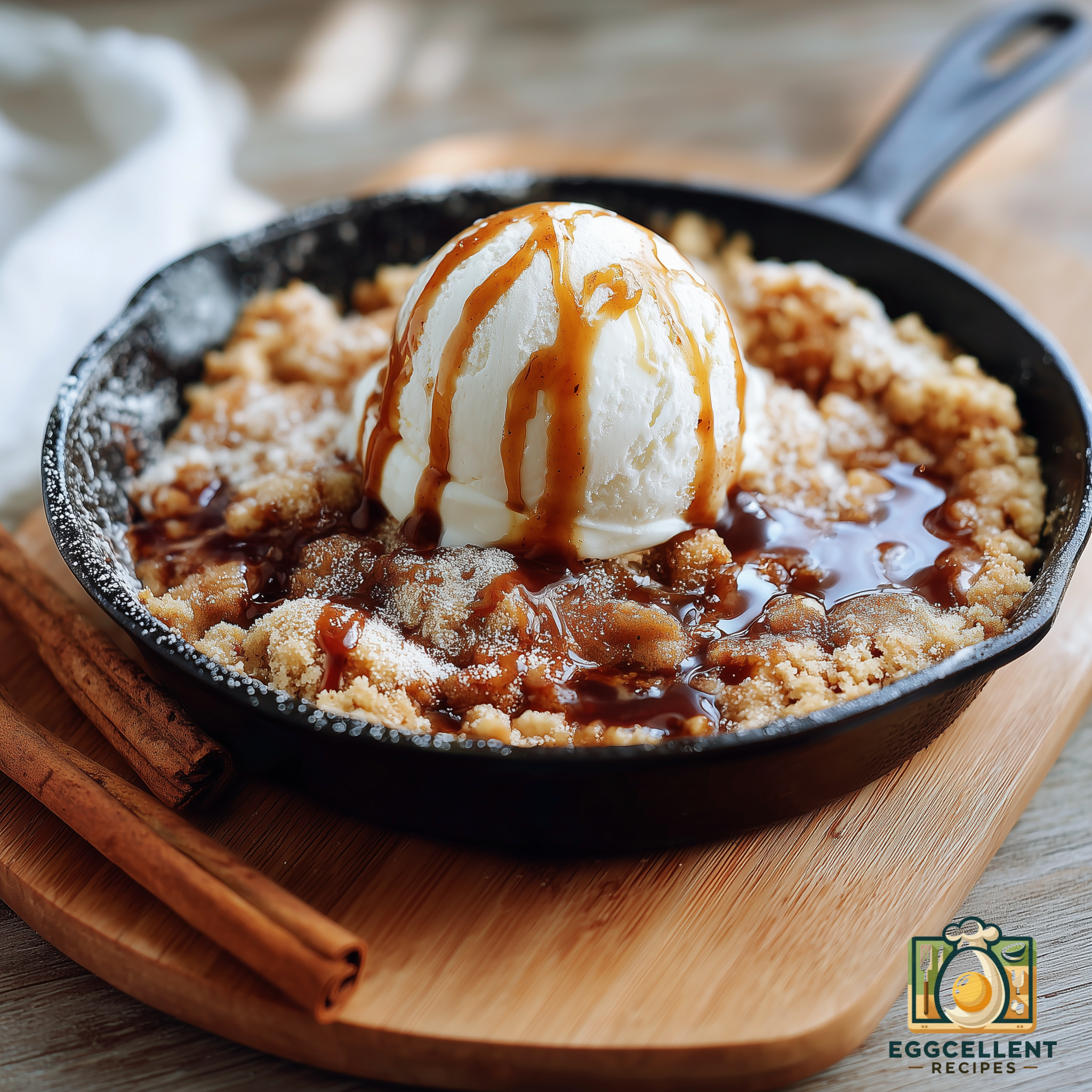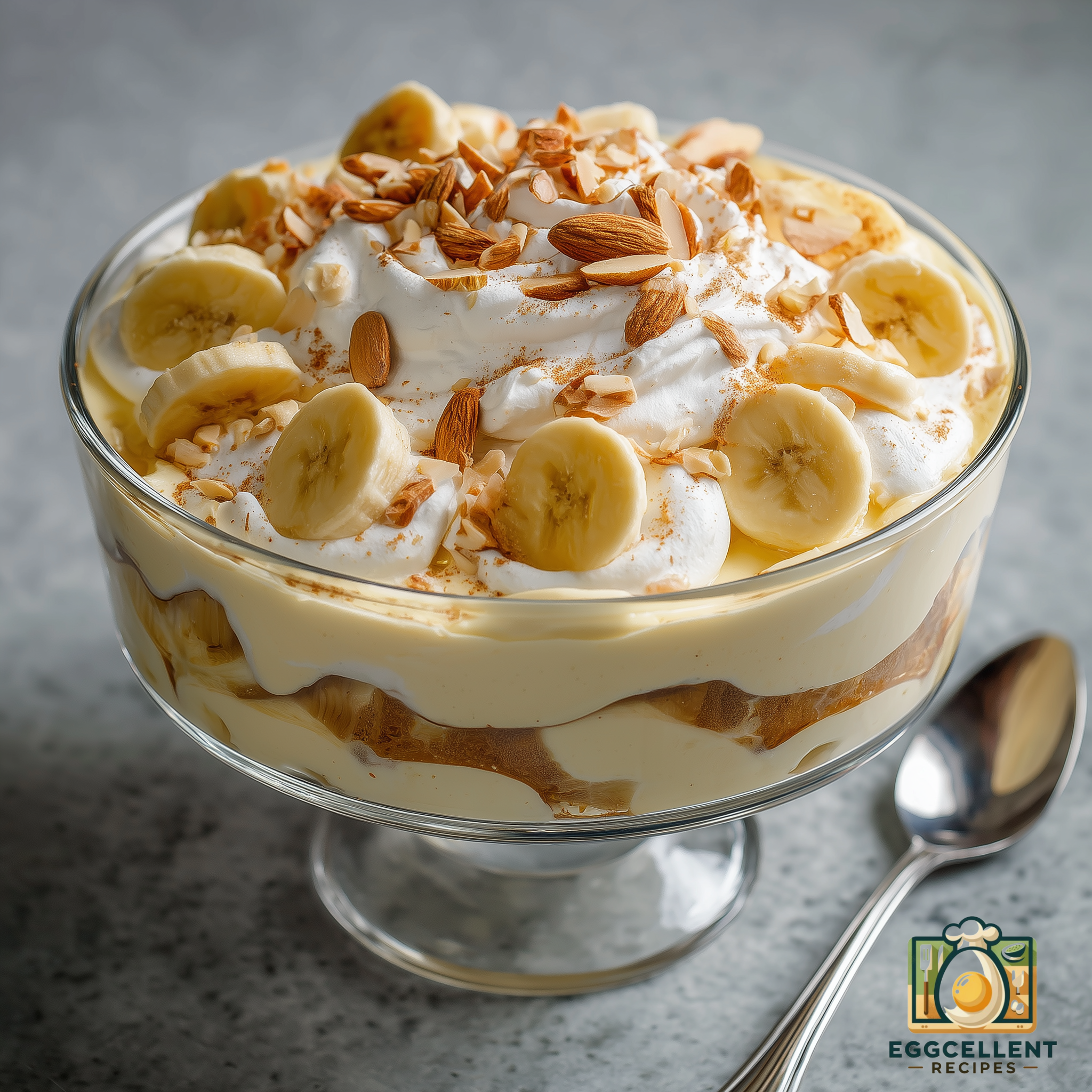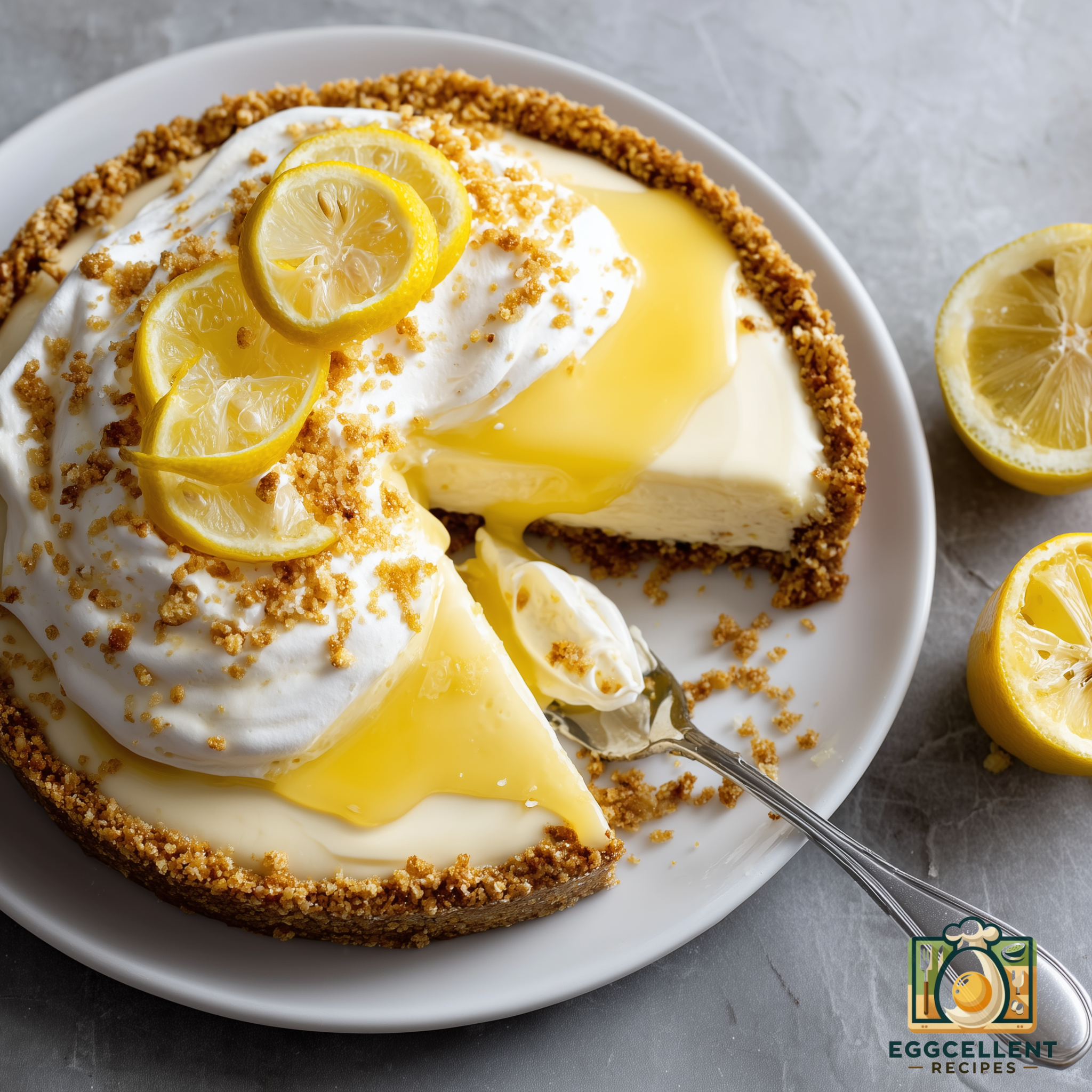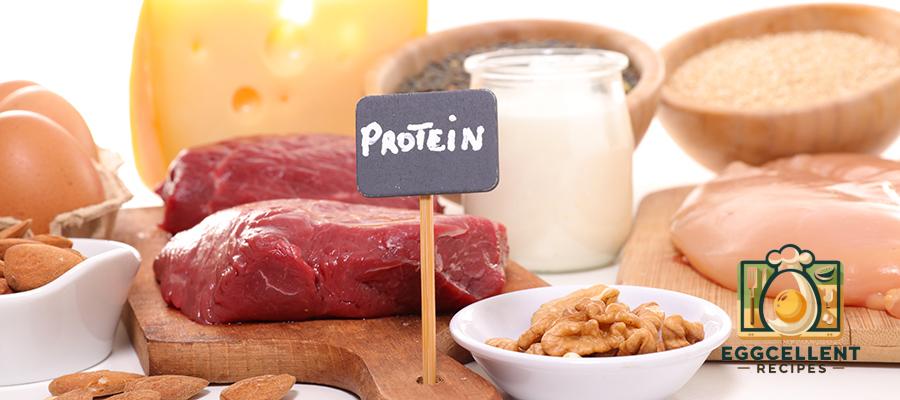 Protein is one of the most important nutrients for women’s health — yet many women aren’t eating nearly enough. Whether you’re trying to build lean muscle, support hormone balance, maintain a healthy weight, or simply feel more energized throughout the day, getting the right amount of protein is key.
Protein is one of the most important nutrients for women’s health — yet many women aren’t eating nearly enough. Whether you’re trying to build lean muscle, support hormone balance, maintain a healthy weight, or simply feel more energized throughout the day, getting the right amount of protein is key.
This guide breaks down how much protein women actually need, why it matters, and how to easily add more to your daily meals.
🌿 Why Protein Matters for Women
Protein does far more than help build muscle. It plays a critical role in:
-
Maintaining lean muscle mass
-
Supporting hormone production
-
Boosting metabolism
-
Improving hair, skin, and nail health
-
Keeping blood sugar stable
-
Helping you stay fuller for longer
-
Supporting immune function
Getting enough protein is especially important for women in their 30s, 40s, 50s, and beyond as muscle mass naturally declines and hormonal shifts increase protein needs.
🥚 So… How Much Protein Do Women Need?
✅ General Recommendation: 0.8 g per kg of body weight
This is the minimum to prevent deficiency — not necessarily for optimal health.
For a 150-lb (68-kg) woman:
~55 grams per day is the bare minimum.
But most women thrive with more than this because the standard recommendation doesn’t factor in real life: activity level, age, metabolism, or goals.
🔥 Optimal Protein Intake for Women
Most nutrition experts suggest a range based on lifestyle:
1️⃣ Women who want to maintain general health
1.0–1.2 g per kg of body weight
(About 65–80 g per day for most women)
2️⃣ Women who want to lose weight or reduce body fat
1.2–1.6 g per kg
(About 80–110 g per day)
Higher protein keeps you fuller for longer and prevents muscle loss during calorie deficits.
3️⃣ Active women / those who exercise regularly
1.4–2.0 g per kg
(90–135 g per day)
If you lift weights or do resistance training, this range helps support muscle repair and strength.
4️⃣ Women over 40
Muscle declines faster after 40, so protein needs increase.
1.2–1.6 g per kg
(80–110 g per day)
Protein helps combat age-related muscle loss, hormone shifts, and slower metabolism.
🍳 What Does That Look Like in Real Food?
Here’s how easy it is to reach 80–100 g of protein a day:
-
2 eggs + 1 cup Greek yogurt → 35 g
-
Grilled chicken breast → 30 g
-
Cottage cheese snack → 12–15 g
-
Handful of almonds → 6 g
-
Lentil soup → 15 g
You don’t need to eat huge portions — just include protein at every meal.
🥗 High-Protein Foods Women Should Include Daily
Animal sources
-
Eggs
-
Chicken breast
-
Turkey
-
Salmon & tuna
-
Greek yogurt
-
Cottage cheese
-
Lean beef
-
Shrimp
Plant sources
-
Lentils
-
Black beans
-
Chickpeas
-
Quinoa
-
Tofu & tempeh
-
Edamame
-
Nuts & seeds
Including a mix of both animal and plant protein keeps your diet balanced and nutrient-rich.
💛 Signs You May Not Be Getting Enough Protein
Many women don’t realize they are under-consuming protein. Watch for:
-
Constant fatigue
-
Sugar cravings
-
Hair loss or thinning
-
Brittle nails
-
Frequent hunger
-
Loss of muscle tone
-
Trouble losing weight
-
Poor recovery after workouts
If these sound familiar, boosting your protein intake can make a big difference.
🌼 Final Thoughts
Protein is crucial for women’s health at any age — and you probably need more than you think. Aiming for 80–100 grams per day (depending on your lifestyle) helps support metabolism, hormones, energy levels, and lean muscle.
The simplest strategy is this:
⭐ Include a quality protein source at every meal.
This one habit alone can completely transform how you look and feel.

